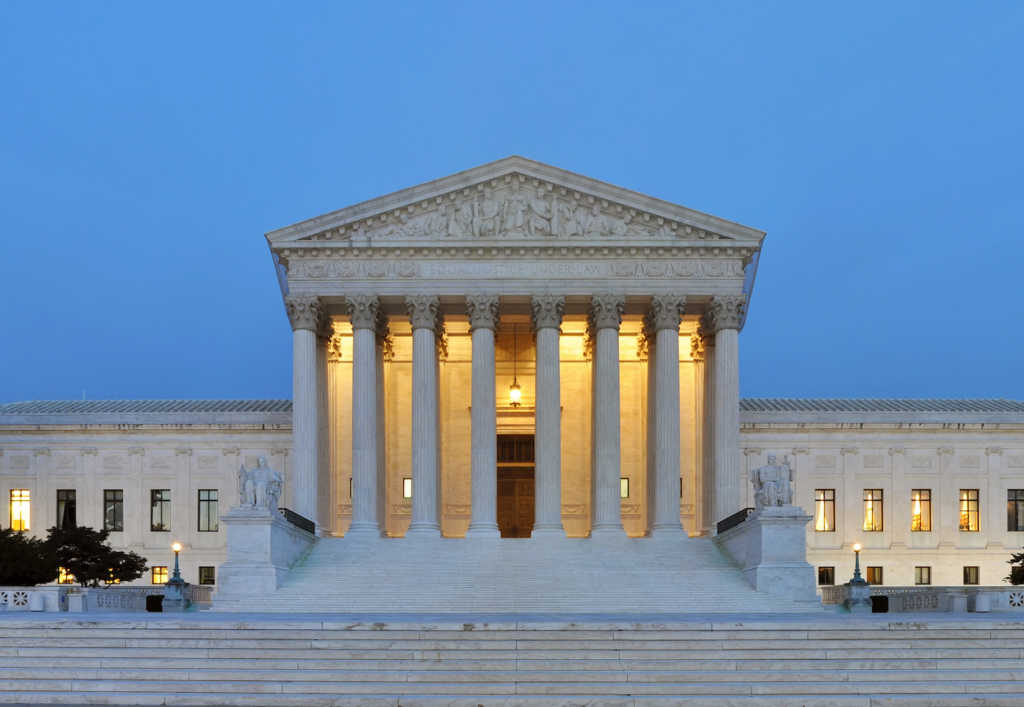An atheist group has filed an amicus brief in support of a lawsuit against a Georgia college that punished a Christian student for sharing his faith outside two incredibly small free speech zones on campus.
The American Humanist Association filed the brief Tuesday in the case Uzuegbunam v. Preczewski, set to be argued soon before the U.S. Supreme Court.
Alliance Defending Freedom, a conservative religious liberty law firm, filed the initial lawsuit against Georgia Gwinnett College for its treatment of student Chike Uzuegbunam. Attorneys filed their opening brief before the high court last Tuesday.
In its amicus brief, the AHA noted that, although it is ideologically at odds with the ADF, the organization agrees the school owes damages for the erstwhile policy that wrongfully limited Uzuegbunam’s right to free speech.
“On the chopping block is a time-honored remedy essential to vindicating the most important rights in our country,” reads the amicus brief summary. “Religious freedom — the cornerstone of our democracy — could become an empty promise without nominal damages.”
“Religion clause violations rarely produce actual damages and often stem from easily-mootable laws,” it continued. “Taking away from citizens the only remedy available in many such cases jeopardizes the rule of law itself.”
AHA Executive Director Roy Speckhardt said in a statement last week that people must “be given every chance to preserve their First Amendment rights.”
“While the AHA and ADF may approach the Constitution from different angles,” he explained, “at the very least, we agree that First Amendment litigation and the associated rights are essential to our democracy.”
What happened?
In 2016, when he was a student at Gwinnett, Uzuegbunam was stopped by school officials on numerous occasions for distributing Christian literature at an outdoor space on the college’s campus.
According to the school policy — which has since been changed — Uzuegbunam could only share his faith and distribute faith-based information in two rarely open spaces that reportedly comprise less than 0.0015% of the total campus area.
ADF then filed a suit against the school on Uzuegbunam’s behalf.
One year later, in 2017, Gwinnett amended its policy, arguing there was no longer any grounds for a lawsuit against the academic institution because the crux of the complaint was rendered moot by the rules change.
A district court soon thereafter ruled in the college’s favor. And last year, when the case was brought before the 11th Circuit Court of Appeals, the ruling was upheld, arguing the complaint “did not include a well-pled request for compensatory damages, in part because it failed to allege any concrete injuries arising from the allegedly unconstitutional conduct of the GGC officials.”
ADF appealed the decision. The Supreme Court agreed in July to hear oral arguments in the case.



